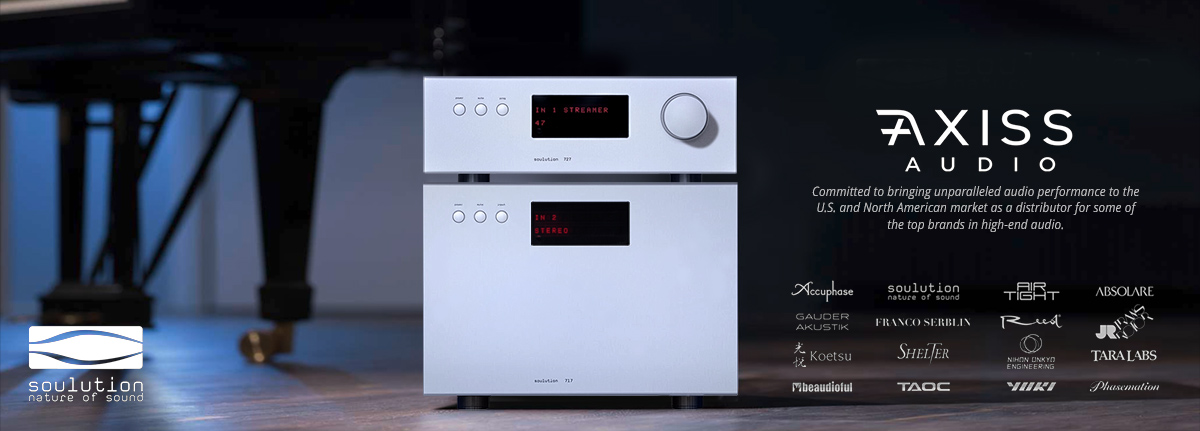It was my attempt at humor. Just watch how Paul ties his face in a knot when discussing the use of tubes.
I am a long time fan of tude/mosfet amp.MOSFETs have improved and and and I don't detect any "haze" in the better designs. You get the benefit of tubes without the problems and expense of transformers. I could state some technical reasons. That will surely get me into trouble. Two other fine Hybrids at reasonable costs are the Moscode 402AU and the Aesthetix Atlas,. Many audiophiles regard hybrids as an attempt to blend tube sound with solid state sound . Not at all. That would be accomplish by pairng a tube preamp with a solid state amp or vice verssa. There are specific reasons for using tubes in the input sttage.
In fact my first basic high end amp was the Hafler DH 200. A solid state MOSFET amp I built from a kit.
I am a long time fan of tude/mosfet amp.MOSFETs have improved and and and I don't detect any "haze" in the better designs. You get the benefit of tubes without the problems and expense of transformers. I could state some technical reasons. That will surely get me into trouble. Two other fine Hybrids at reasonable costs are the Moscode 402AU and the Aesthetix Atlas,. Many audiophiles regard hybrids as an attempt to blend tube sound with solid state sound . Not at all. That would be accomplish by pairng a tube preamp with a solid state amp or vice verssa. There are specific reasons for using tubes in the input sttage.
In fact my first basic high end amp was the Hafler DH 200. A solid state MOSFET amp I built from a kit.
Last edited:
















